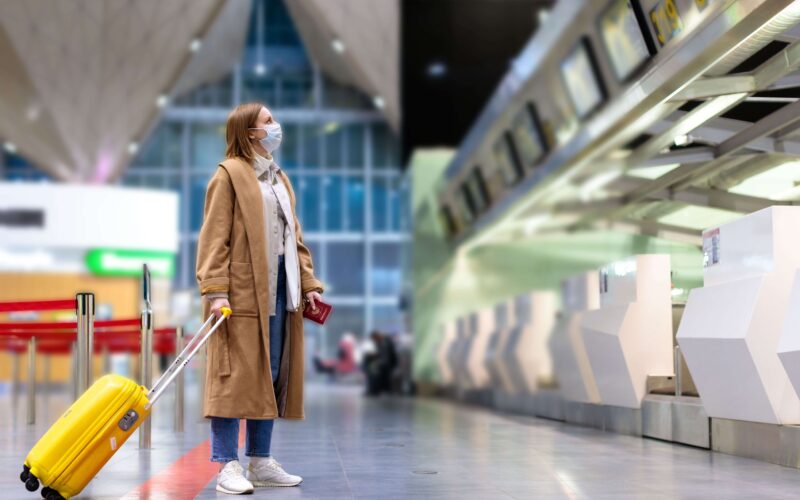The IATA Director General calls high COVID-19 testing fees an “economic emergency” and a threat to a smooth travel recovery. Coupled with the hike in COVID-adjusted airfare prices, concerns have been raised over the increased detection of passengers presenting fraudulent PCR testing results.
Travellers explore means to bypass the rules
Travellers finding new methods to circumvent travel restrictions is not an uncommon topic under the COVID-affect travel skies of 2021. From the grounding of flights in March 2020, to the introduction of vaccines in late 2020, the detection of travel loopholes and fraudulent COVID-19 PCR (polymerase chain reaction) test certificates has risen significantly.
However, the International Air Transport Association (IATA) warns that the combination of elusive transit travel and malicious test certificates, together with high COVID-19 testing fees pose a significant threat to the reinstitution of international travel.
According to a statement released on May 4, 2021, IATA reports that the average minimum and average maximum testing costs range from $90 to $208.
The rise of the second and third waves of COVID-19 has increased the incorporation and requirement of negative coronavirus test results as a prerequisite for travel and entry into countries such as France, Italy, Portugal, The Maldives, Spain, Turkey, and Cyprus. However, the lack of access to public options with affordable testing facilities has adversely given rise to a secondary market that offers forged physical test certificates to passengers.
A Europol report released in February 2021 alerted EU member states of fraudulent networks producing and selling fake COVID-19 test certificates. According to the report, fraudsters operating under this criminal activity have been apprehended in Paris, Spain, The Netherlands, and the United Kingdom. In October 2020, the United Kingdom recorded a resurgence of fake certificates sold on the black market.
Similar cases were recorded outside Europe too. In Uganda, 23 people were arrested at Entebbe Airport for boarding a plane with forged COVID-19 test documents. Nigeria had an instance in which 40% of passengers on a single flight tested positive for COVID-19, despite presenting negative results prior to boarding. Read More: Travelers faking COVID-19 test results to fly
Could high test fees be a protagonist to passengers evading testing channels?
According to pre-pandemic data, the average fare for a one-way airline ticket costs $200. Today, factoring in a $90 PCR test spikes the fare to $290, up by 45%. If another test is conducted on arrival, as is the standard requirement, the fare for a single one-way airline ticket inflates to $390, and for a round trip incorporating the same procedures $780.
“As travel restrictions are lifted in domestic markets, we are seeing strong demand. The same can be expected in international markets. But that could be perilously compromised by testing costs—particularly PCR testing. Raising the cost of any product will significantly stifle demand,” said Willie Walsh, IATA’s Director General.
Walsh points to the fact that short-haul flights are the most at risk as testing prices sum to more than the actual fares themselves. “[…] with average fares of $105, the tests will cost more than the flight. That’s not what you want to propose to travelers as we emerge from this crisis. Testing costs must be better managed.”
Family travel is also projected to be dampened as reports state that families could nearly pay double under the current COVID testing regime. Under pre-pandemic skies, a family of four would normally share an airline fare of $1,600 for a $200-ticket per person for a round trip. Today that fare doubles to $3,040 when factoring in PCR testing costs.
In response, IATA’s Director General reiterates the importance of testing and its key to re-unlock international travel, but terms the situation as an “economic emergency” and urges governments to bear the testing cost as set by the example of France and the European Union.
“Testing costs should not stand between people and their freedom to travel. The best solution is for the costs to be borne by governments. It’s their responsibility under WHO guidelines. We must not let the cost of testing—particularly PCR testing—limit the freedom to travel to the rich or those able to be vaccinated. A successful restart of travel means so much to people—from personal job security to business opportunities and the need to see family and friends. Governments must act quickly to ensure that testing costs don’t stall a travel recovery,” said Walsh.

